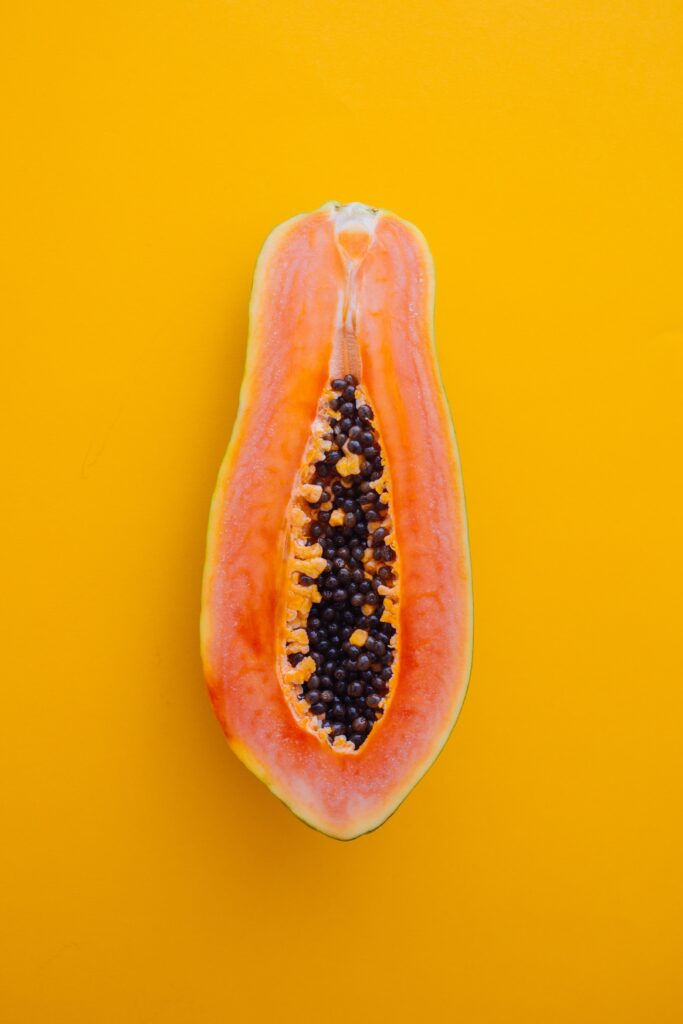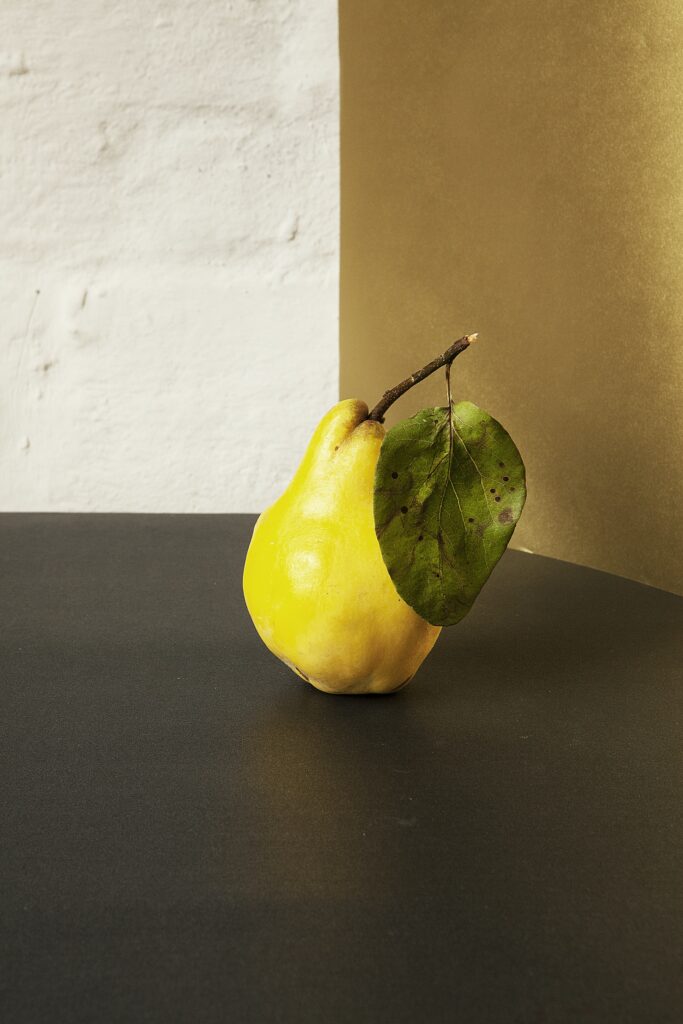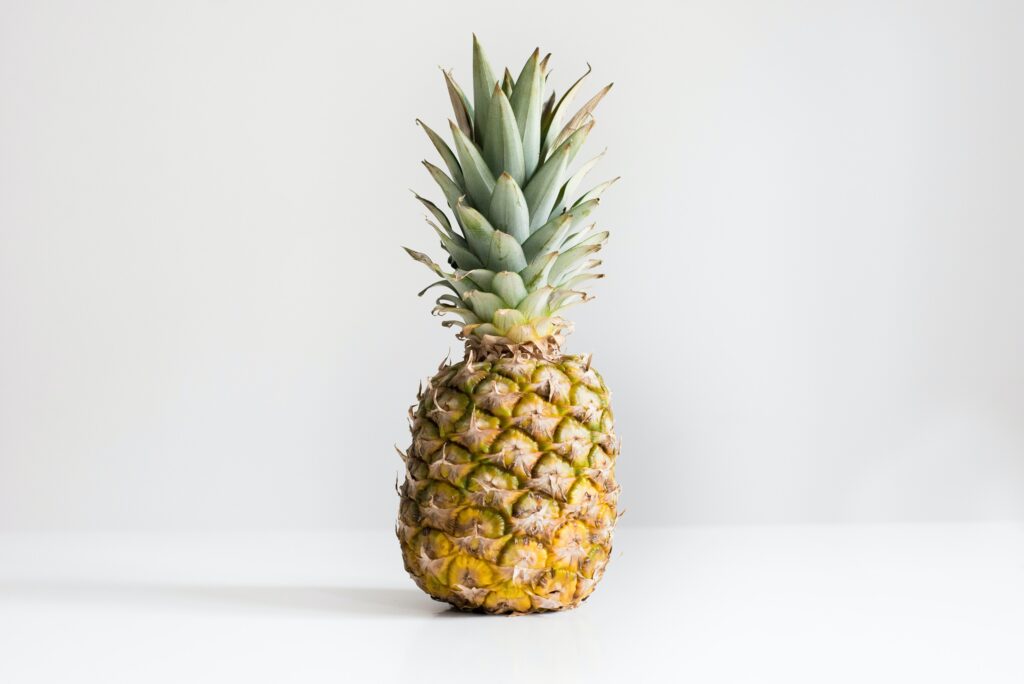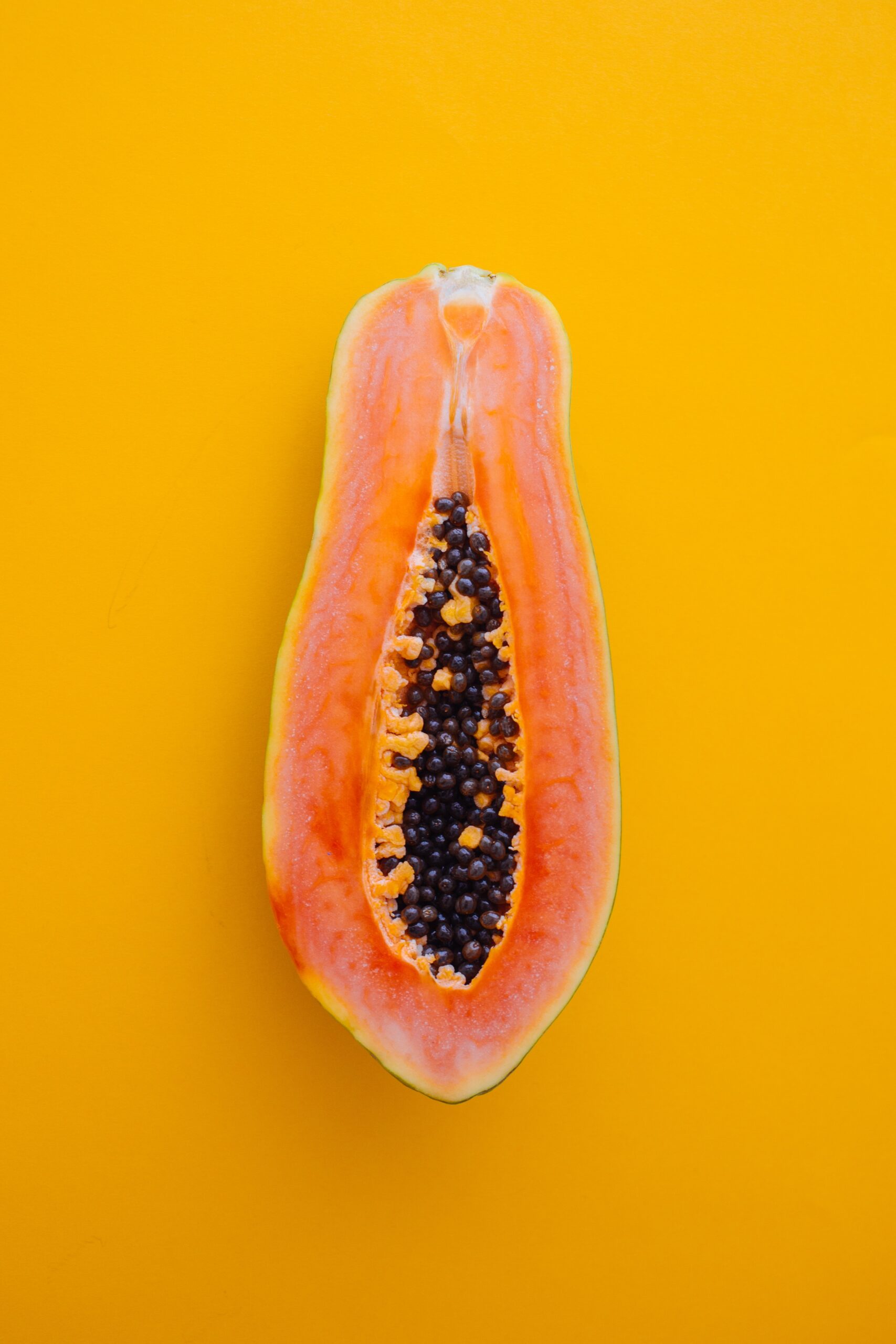You’re excitedly composting away, transforming your kitchen scraps and yard waste into rich, nutrient-packed soil for your garden. But as you look over your compost pile, you notice a few tiny visitors buzzing around – fruit flies. Is it ok to have fruit flies in compost? While their presence may initially cause some concern, fear not!
These tiny creatures are actually a sign that your compost is healthy and thriving. In fact, fruit flies play an important role in breaking down organic matter and aiding in the decomposition process. So, embrace these little helpers as they go about their work, knowing that they are a natural part of the composting ecosystem.
Check Out Our Recommended Composting Products on Amazon Right Here!
Understanding Fruit Flies in Compost
Overview of Fruit Flies
Fruit flies, scientifically known as Drosophila, are tiny insects that are commonly found in compost. These flies are attracted to decaying organic matter, including fruits, vegetables, and other plant materials. While they may seem like a nuisance, fruit flies play a significant role in the composting process.
Introduction to Composting
Composting is a natural process of recycling organic waste materials into nutrient-rich soil, known as compost. It involves the breakdown and decomposition of organic matter by microorganisms, such as bacteria and fungi. Compost serves as a valuable soil amendment and is widely used in gardening, farming, and landscaping.
How Fruit Flies Enter Compost
Fruit flies are adept at finding their way into compost piles. They are attracted to the odors emitted by decaying organic matter, particularly fruits and vegetables. When you add kitchen scraps, garden waste, or other organic materials to your compost pile, fruit flies may lay eggs on the surface. These eggs then develop into larvae, which feed on the decomposing matter.
Are Fruit Flies Beneficial in Compost?
Contrary to popular belief, fruit flies can actually be beneficial in compost. As they lay their eggs on the organic matter, their larvae help break down the materials by consuming them. This accelerates the decomposition process, turning waste into nutrient-rich soil more quickly. Additionally, the excrement of fruit fly larvae adds to the nutritional content of the compost.
The Downside of Fruit Flies in Compost
While fruit flies contribute to the composting process, they can also be a source of concern. The presence of fruit flies in compost can lead to increased pest activity, potential health risks, and unpleasant odors. Moreover, fruit flies are known to reproduce rapidly, leading to infestations if not properly managed.
Common Misconceptions About Fruit Flies in Compost
There are several misconceptions surrounding fruit flies in compost. One common belief is that fruit flies indicate that the compost is too wet or contains too much fruit material. While excessive moisture and high fruit content can attract fruit flies, their presence does not necessarily indicate a problem with the compost’s moisture or composition. Fruit flies are naturally drawn to compost due to the abundance of decaying organic matter, regardless of its moisture level or content.
Effectiveness of Composting with Fruit Flies
Fruit Flies’ Role in Composting
Fruit flies play a crucial role in the composting process. Their eggs and larvae break down organic materials, facilitating the decomposition process. By consuming and digesting the organic matter, fruit fly larvae contribute to the creation of nutrient-rich compost.
Fruit Flies’ Impact on Decomposition
The presence of fruit flies in compost can significantly accelerate the decomposition of organic materials. The eggs and larvae feed on the waste, breaking it down into smaller particles that are more readily decomposed by microorganisms. This increased decomposition rate helps transform the compost into a nutrient-rich soil amendment in a shorter period of time.
The Significance of Fruit Fly Larvae
Fruit fly larvae, commonly known as maggots, are an essential part of the composting ecosystem. They consume organic matter, breaking it down into simpler compounds and releasing nutrients into the soil. The excrement of fruit fly larvae is rich in nitrogen, phosphorus, and other essential elements, which are vital for plant growth.
Is Fruit Fly Infestation an Indicator of Healthy Compost?
While fruit fly infestation can be a nuisance, it is not necessarily a sign of unhealthy compost. Fruit flies are naturally attracted to the odors emitted by decaying organic matter, and their presence does not necessarily indicate a problem with the compost’s quality or balance. However, it is essential to find a balance and manage fruit flies to prevent excessive infestation.
Balancing Fruit Flies in Composting
To maintain a healthy composting environment, it is important to strike a balance between the benefits of fruit flies and the potential challenges they pose. By monitoring and managing fruit fly populations, you can optimize their beneficial contributions while minimizing any negative impacts.

Check Out Our Recommended Composting Products on Amazon Right Here!
Benefits of Fruit Flies in Compost
Aiding in Decomposition
Fruit flies significantly aid in the decomposition process by breaking down organic matter into smaller particles. Their feeding activity helps accelerate the breakdown of complex compounds, making them more accessible to microorganisms. This results in faster decomposition and the production of nutrient-rich compost.
Accelerating Composting Process
The presence of fruit flies in compost can expedite the composting process. Their eggs and larvae actively consume the organic matter, speeding up the decomposition timeline. This allows gardeners and compost enthusiasts to obtain usable compost more quickly, reducing the waiting time for nutrient-rich soil amendments.
Impact on Microbial Activity
Fruit flies indirectly contribute to increased microbial activity in compost. By breaking down organic matter, fruit fly larvae create a more favorable environment for beneficial bacteria and fungi. These microorganisms play a key role in the decomposition process by further breaking down complex compounds into simpler forms.
Enhancement of Nutrient Availability
Fruit fly larvae convert the organic matter they consume into nutrient-rich excrement. This excrement, known as frass, is an excellent source of essential nutrients for plants. As the composting process progresses, nutrients become more readily available and can be easily absorbed by plants, promoting healthy growth and vitality.
Fruit Flies as Indicators of Proper Compost
The presence of fruit flies in compost can serve as an indicator of an active and healthy composting process. Their activity and reproduction demonstrate that the decomposition process is occurring efficiently. While it’s important to manage fruit fly populations, their presence can be viewed positively as a sign of a thriving compost ecosystem.
Concerns and Challenges
Potential Health Risks
Although fruit flies themselves are not typically harmful to humans, their presence can attract other pests, such as flies and rodents, which may carry diseases. It is essential to maintain good hygiene practices when dealing with compost to minimize potential health risks. Always wash hands thoroughly after handling compost and avoid contact with compost contaminated by animal waste.
Odor and Nuisance
One of the main concerns associated with fruit flies in compost is the unpleasant odor they can generate. As organic matter decomposes, it releases odors that can become stronger when fruit flies are present. Additionally, the presence of fruit flies can be a nuisance, particularly if infestation occurs. Proper management techniques can help mitigate these issues.
Increased Pest Activity
Fruit flies can attract other pests to your compost pile. Flies and rodents are often drawn to the abundant organic matter and may feed on the waste, potentially disrupting the composting process. Regular monitoring and proper compost management can help prevent excessive pest activity and maintain a healthy composting environment.
Risk of Fruit Fly Infestations
While fruit flies are naturally present in compost, it is still important to manage their populations to prevent infestations. Excessive fruit fly populations can overwhelm a compost pile, making it difficult to manage and leading to potential issues such as unpleasant odors and the attraction of additional pests. Proper composting techniques can help regulate fruit fly populations effectively.
Managing Excessive Fruit Flies in Compost
If you find that fruit flies in your compost pile are becoming overwhelming, there are several methods to manage their populations. Using traps and barriers specifically designed for fruit flies can help capture adult flies, reducing their numbers. Properly turning and aerating the compost can also discourage fruit fly activity and disrupt their breeding cycle. Additionally, avoiding the inclusion of meat and dairy products in compost can deter fruit flies, as these materials can attract larger and more problematic pests.

Preventing and Controlling Fruit Flies in Compost
Creating the Right Composting Environment
To prevent excessive fruit flies in compost, it is crucial to create an environment that discourages their presence. Start by selecting a suitable composting method, such as a compost bin or tumbler, that provides proper ventilation and controls moisture levels. This will help regulate the composting process and reduce the likelihood of attracting fruit flies.
Covering Compost Piles
Covering your compost pile with a breathable material, such as a tarp or compost cover, can help prevent fruit flies from accessing the organic matter. It is important to ensure that the covering allows for adequate airflow while still providing a barrier for fruit flies. This simple step can greatly reduce the likelihood of fruit fly infestation.
Effective Moisture Control
Maintaining proper moisture levels in compost is crucial for healthy decomposition and to discourage fruit fly populations. Excessively wet compost can attract fruit flies and other pests. Regularly monitor the moisture content and adjust as needed. Keep the compost moist, but not overly saturated, to create an environment that is less attractive to fruit flies.
Avoidance of Overripe Fruits
Overripe fruits are particularly appealing to fruit flies. To minimize their attraction, avoid adding overripe or rotting fruits to your compost. Instead, use these fruits for other purposes, such as making jams or smoothies. By reducing the availability of attractive food sources, you can help discourage fruit flies from congregating in your compost pile.
Using Traps and Barriers for Fruit Flies
Traps and barriers designed specifically for fruit flies can be effective in managing their populations. These traps use attractants to lure fruit flies, capturing them and preventing further reproduction. Place these traps near the compost pile to intercept adult flies and reduce their numbers significantly.
Regular Turning and Aeration
Fruit flies prefer a stagnant environment, so regularly turning and aerating your compost pile can help deter their presence. Use a pitchfork or compost turner to mix the materials thoroughly, ensuring proper oxygen flow and creating unfavorable conditions for fruit flies. This also helps distribute heat evenly, accelerating the decomposition process.
Avoidance of Meat and Dairy Products
Meat and dairy products are highly attractive to fruit flies. To minimize their presence, refrain from adding these materials to your compost. They not only attract fruit flies but also larger pests, such as rats and raccoons, which can pose further challenges. Stick to plant-based organic matter to maintain a healthy composting environment.
Proper Compost Management
Regularly monitoring and managing your compost pile is essential in preventing fruit fly infestations. Ensure the balance between carbon-rich (browns) and nitrogen-rich (greens) materials is maintained. Regularly check the compost pile’s moisture levels, temperature, and odor. By following proper compost management practices, you can keep fruit flies in check and achieve successful composting.
Additional Tips for Successful Composting
Choosing the Right Composting Method
Selecting the appropriate composting method for your needs can significantly impact your composting success. Consider factors such as available space, desired composting timeline, and ease of maintenance. From traditional compost bins to vermicomposting (using worms), there are various methods to choose from. Research and find the method that suits your requirements best.
Maintaining Compost Balance
Maintaining a balanced compost is key to facilitating decomposition and minimizing odor and pest issues. The ideal compost should consist of a mix of carbon-rich (browns) and nitrogen-rich (greens) materials. Browns include items like leaves, straw, and cardboard, while greens encompass vegetable scraps, grass clippings, and coffee grounds. Aim for a ratio of roughly 3 parts browns to 1 part greens for optimal composting.
Monitoring Compost Temperature
Compost should reach temperatures between 120°F and 160°F (49°C to 71°C) to effectively break down organic matter and kill potential pathogens and weed seeds. Regularly check the compost temperature using a compost thermometer. Adjust the compost pile’s size and composition if necessary to achieve and maintain the desired temperature range.
Proper Layering of Compost Materials
To ensure efficient decomposition, proper layering or mixing of compost materials is essential. Alternate layers of browns and greens to provide a balanced habitat for microorganisms. This layering promotes airflow, encourages decomposition, and helps prevent compacting. Remember to break larger materials into smaller pieces to expedite the decomposition process.
Regular Inspection and Maintenance
Maintaining a successful compost pile requires ongoing inspection and maintenance. Regularly check the compost pile for signs of proper decomposition, such as a dark, crumbly texture and an earthy smell. Monitor moisture levels and adjust as needed. Remove any large or woody pieces that are not breaking down effectively. By keeping a close eye on your compost, you can make necessary adjustments to ensure optimal results.

Is It Ok To Have Fruit Flies In Compost: Conclusion
Weighing the Pros and Cons In conclusion, fruit flies can be both beneficial and challenging when it comes to composting. While they aid in decomposition and enhance nutrient availability, they can also lead to increased pest activity and odor issues. It’s important to consider the advantages and disadvantages of fruit flies in compost and implement strategies to maintain a healthy balance.
Personal Preferences and Tolerance The acceptability of fruit flies in compost largely depends on personal preferences and tolerance levels. Some individuals may have a higher tolerance for fruit flies and appreciate their contributions to the composting process. Others may find their presence bothersome and opt for methods to manage and minimize fruit fly populations.
Finding the Right Balance Finding the right balance between the benefits and challenges of fruit flies in compost is key. By implementing preventive measures, such as proper compost management, moisture control, and avoiding attractants like overripe fruits, you can limit fruit fly populations while still reaping the benefits they provide to composting.
Enjoying the Benefits of Composting Ultimately, the goal of composting is to produce nutrient-rich soil amendments for gardening and plant cultivation. By understanding fruit flies’ role in the composting process, addressing concerns, and implementing effective management techniques, you can enjoy the numerous benefits of composting while keeping fruit flies in check. Happy composting!
Check Out Our Recommended Composting Products on Amazon Right Here!




